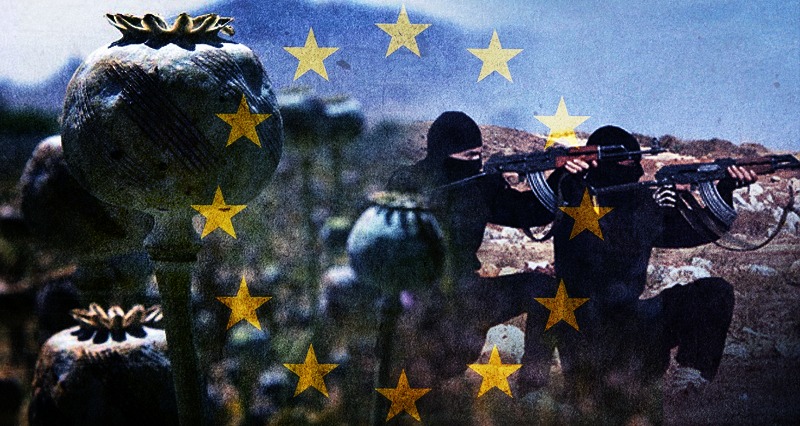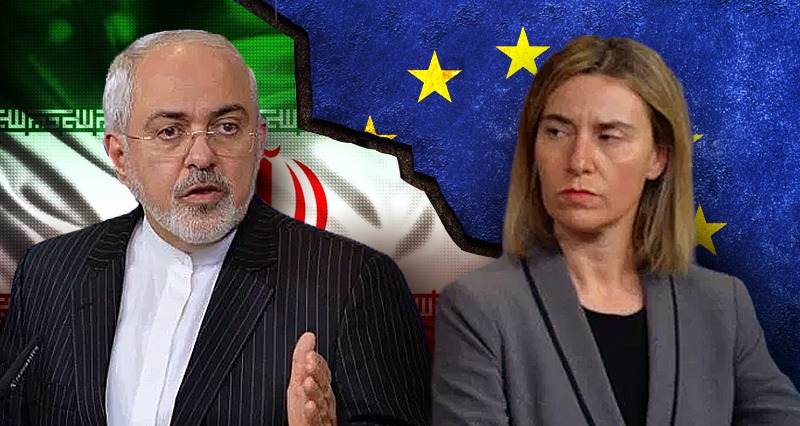The EU has been on a collision course with Iran despite European leaders’ former promises that they would not to adhere to the terms of Trump’s sanctions package. Most damningly, Europe agreed to implement sanctions against two Iranian diplomats and the Iranian Ministry of Intelligence “for their assassination plots on European soil”. In November, Danish authorities announced that a Norwegian citizen had been plotting to assassinate the leaders of the Danish branch of an Iranian opposition group called the Arab Struggle Movement for the Liberation of Ahwaz (ASMLA), which Iran classifies as a terrorist organization. When Denmark began demanding sanctions against Iran based on their accusations that Iranian secret services were involved in the plot, it was hard to believe that the EU would listen and take such a dramatic step.
European officials held intensive talks over Iran’s nuclear program for decades, and the negotiations finally bore fruit in July 2015 with the signing of an historic agreement known as the Joint Comprehensive Plan of Action (JCPoA) on Iran’s nuclear program. It should be emphasized that both the Iranians and Europeans benefited from the agreement: a number of favorable business opportunities were opened up for European investors in the Iranian market.
Europe is naturally very interested in maintaining their economic interests and strongly protected the nuclear deal. They felt it was crucial not to destroy the results of years of negotiations, even it meant acting in spite of US demands to pull out of the deal.
Federica Mogherini, an Italian diplomat who fought to normalize relations with Iran, declared that the EU would bypass the US banking sanctions by creating a Special Purpose Vehicle (an independent SWIFT system) to facilitate legitimate financial transactions between Europe and Iran.
However, the globalists, unwilling to have such a well-coordinated trade line setup to circumvent US sanctions, drove a wedge into this alliance, using all available means.
The Ministry of Intelligence of the Islamic Republic and two Iranian diplomats were included in the EU sanctions list for the case in Denmark as a result of efforts by the globalist lobby. Dutch foreign minister Stef Blok justified the decision by claiming that intelligence services had found “strong indications that Iran was involved in the assassinations of two Dutch nationals of Iranian origin.” This outcome was an act of outright betrayal which ripped years of diplomatic efforts out at the seams.
The EU ignored numerous requests from Iran to extradite the leaders of terrorist organizations like the People’s Mojahedin Organization of Iran (Mojahedin-e Khalq) and ASMLA, despite that the groups had committed numerous terrorist attacks in Iran which left hundreds of innocent citizens dead.
Iran did not remain silent. In response to the EU Council’s actions, Iranian officials declared that they would “reciprocate and adopt necessary measures in response to the EU’s decision”. In particular, Iran declared they would reconsider intelligence and security cooperation with European countries.
What aspects will be reconsidered explicitly? What does the EU stand to lose without Tehran cooperation?
With Sanctions come terrorism and heroin
Increasing drug trafficking is a major threat to Europe’s national security and healthy development. For many years, Iran has been investing a colossal amount of resources into counter-narcotics programs on Afghanistan’s border. Iranian soldiers have borne the brunt of attacks in the course of efforts to contain the narco-traffickers and smugglers to the benefit of Europe and other countries in the region. What will happen if Iranian Security Forces decide to reduce their efforts in response to the EU Council sanctions?

At first glance, Iran’s threats to reconsider security cooperation seem inconsequential. In fact, however, the EU urgently needs the experience of Iranian intelligence services in order to fight terrorism. Iran, due to its specific geopolitical position, has extensive exclusive information and data about the possible location of terrorist camps in Syria and Iraq.
The problem is not only geopolitical: many of these terrorists end up fleeing to the EU and committing attacks on the European public. By enacting sanctions against the Iranian Ministry of Intelligence, the EU risks missing out on crucial security information, potentially at the price of their citizens’ lives.

















Leave a Reply